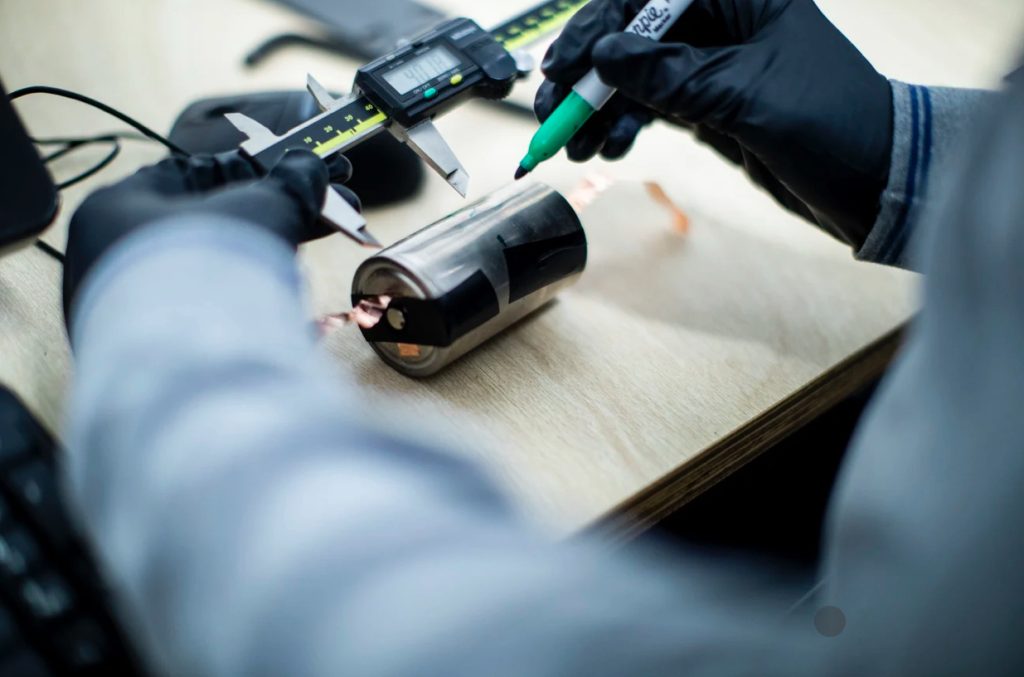
The Electric Vehicle Safety Laboratory (EVSL) investigates the safety and performance of lithium-ion batteries used in electric vehicles. Our work focuses on how batteries respond under different mechanical, electrical, and thermal conditions to improve their reliability and ensure safer transportation.
We use both experimental testing and computer modeling to study battery behavior during real-world crash scenarios and other stresses. These insights help reduce risks like short circuits and thermal runaway, while also guiding safer battery designs for the future of clean energy.
